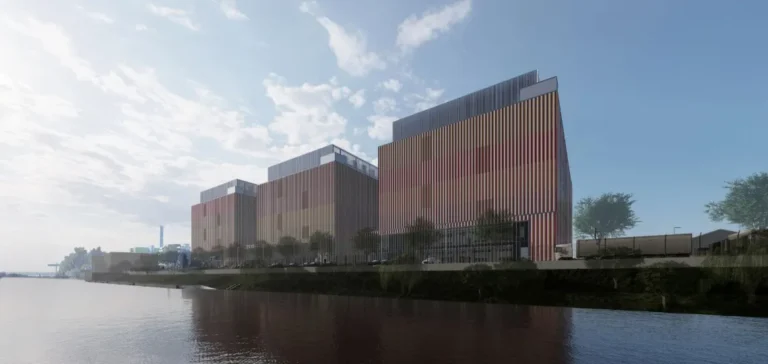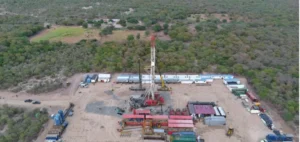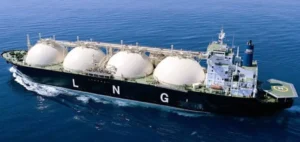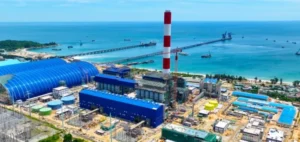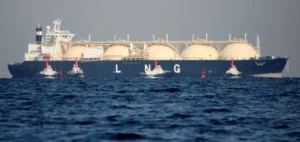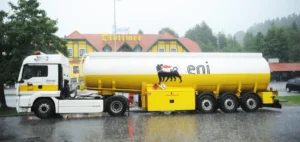INNIO, the Austrian group specialised in decentralised energy systems, has signed a contract with Kraftwerke Mainz-Wiesbaden AG (KMW) for the construction of a 54 MW gas-fired power plant. The site will incorporate twelve next-generation gas engines manufactured by INNIO, capable of delivering both electricity production and the flexibility required to support the local grid’s stability.
The power plant, scheduled to come online by the end of 2027, will partially supply the Green Rocks data centre, jointly developed by KMW and Norwegian operator Green Mountain. The facility is intended to provide continuous power supply even during grid outages, thus ensuring energy security for a critical digital infrastructure at the heart of the German market.
Grid stabilisation and energy flexibility
KMW sees the project as a key step in its strategy to integrate advanced energy infrastructure. “This partnership combines efficiency and sustainability. It is designed to ensure the operation of the data centre even in the event of a power outage,” said Oliver Malerius, member of KMW’s board of directors. The gas engines will allow for rapid production adjustments in response to demand, thereby supporting the regional grid’s stability.
This type of gas-fired peaking plant is designed to respond quickly to spikes in electricity consumption or network failures. It serves as a strategic tool to support the fast-growing data centre market in Europe, whose energy requirements are continuously increasing.
Hydrogen compatibility and emission reduction
The engines supplied by INNIO are hydrogen-ready (“Ready for H2”), offering flexibility for future integration into a more diversified energy mix. According to the company, these systems can reduce nitrogen oxide (NOx) emissions by up to 95 % compared to conventional diesel generators. Their modular design also ensures simplified maintenance and precise adaptation to end-user requirements.
Thomas Seeber, sales director for data centres at INNIO Group, stated that this type of installation plays a key role in ensuring the energy reliability of digital infrastructure, particularly in response to the growth of artificial intelligence applications and large-scale data storage across Europe.


